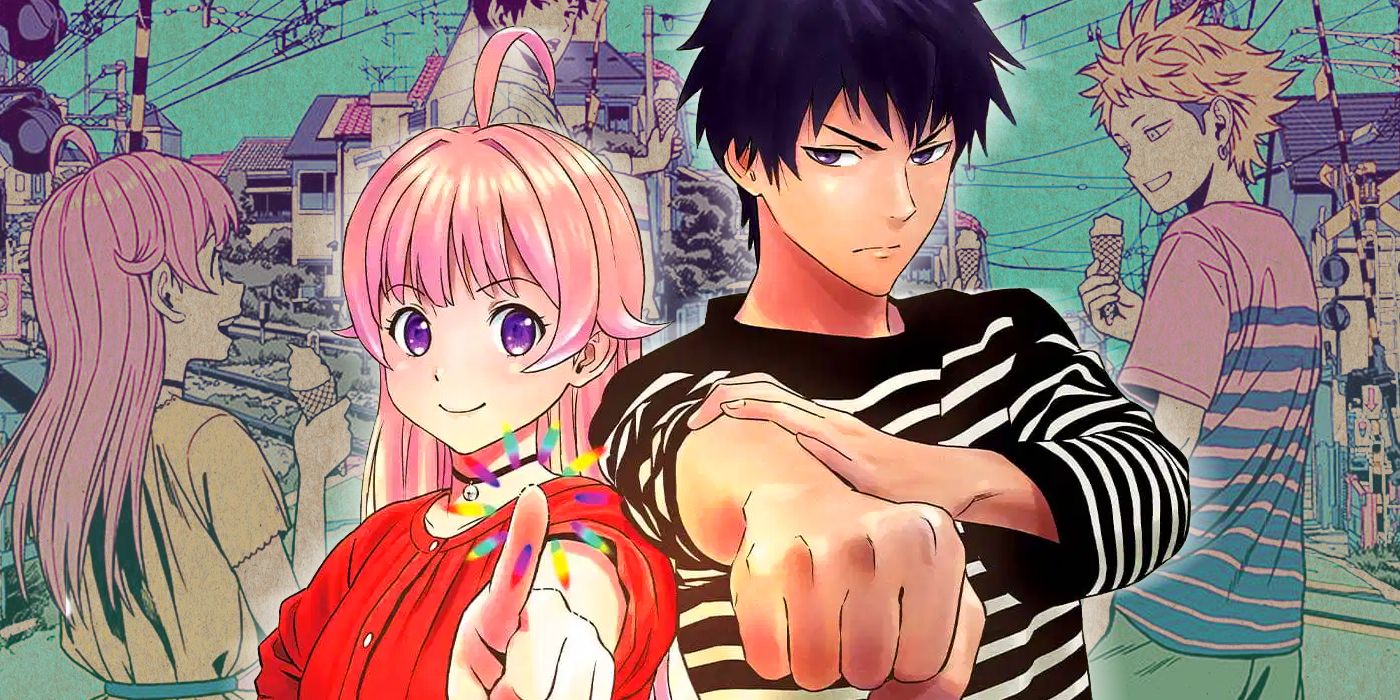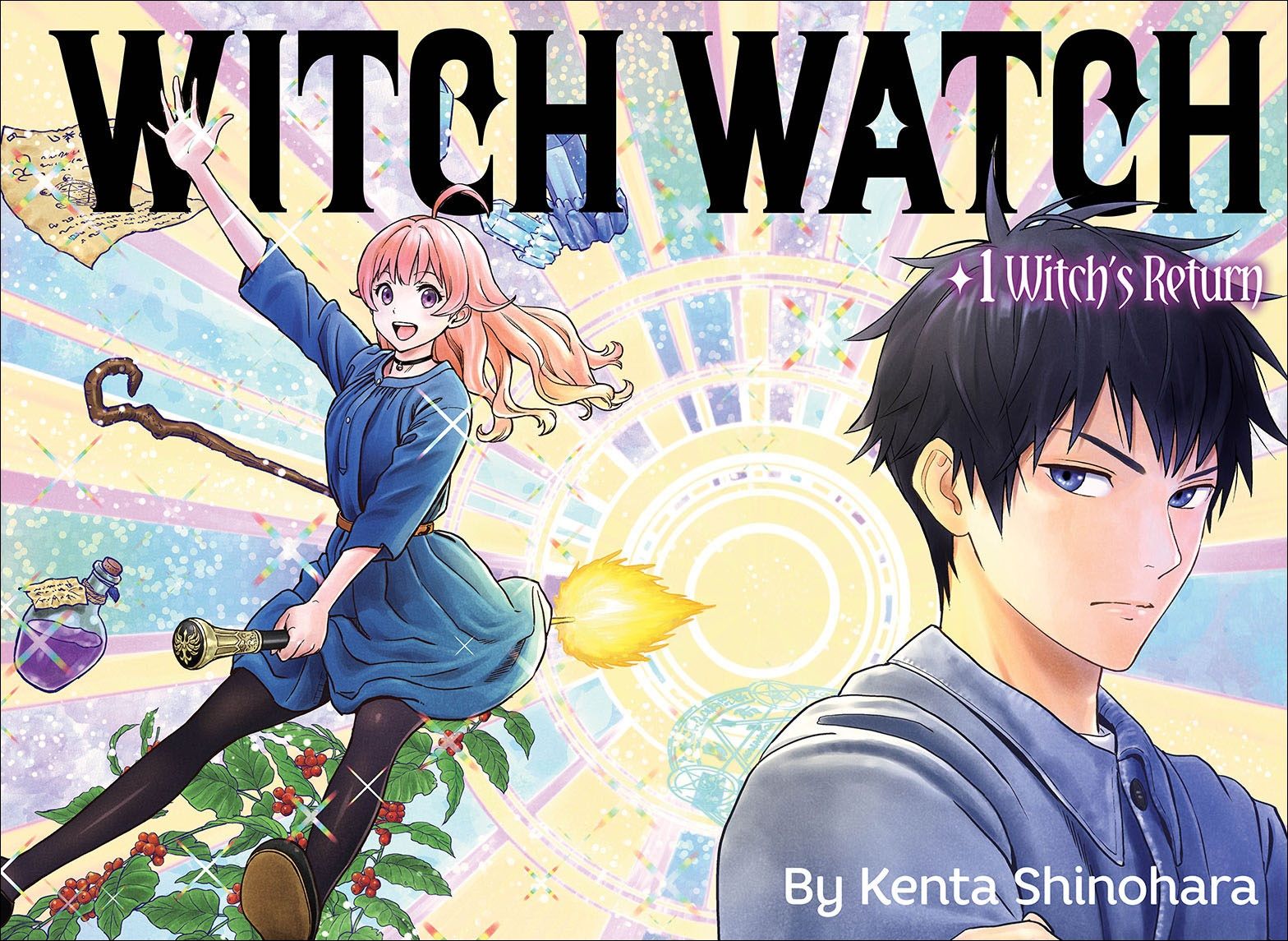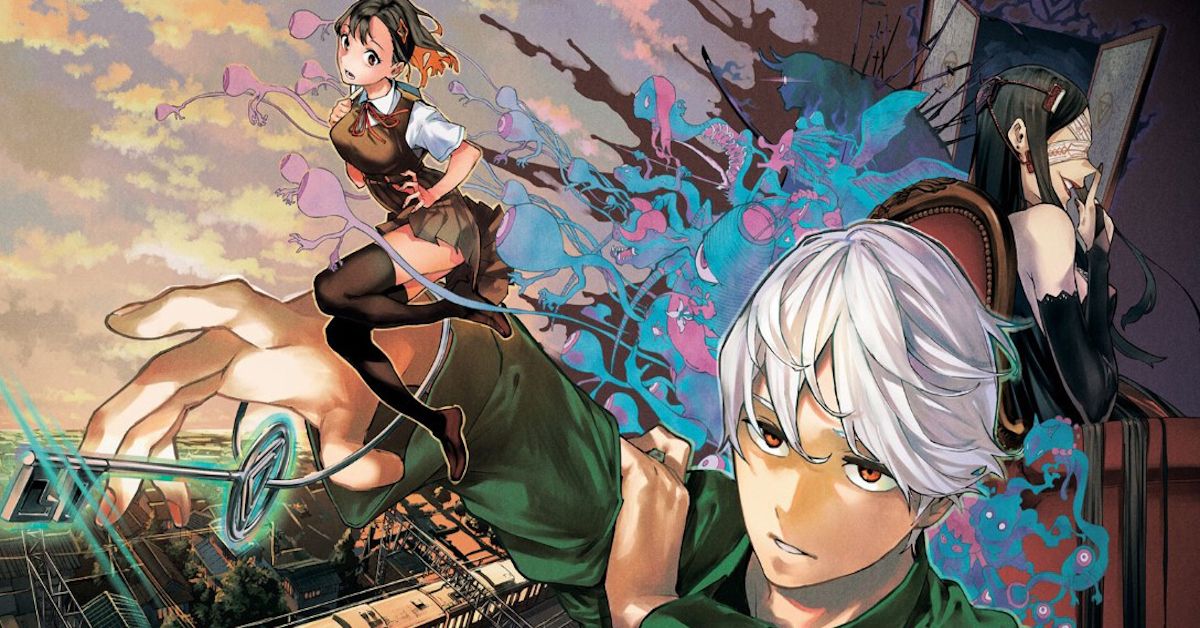Witch Watch is one of the newer series' currently running in Shonen Jump, and it's also quickly become one of the most successful newcomers, as well. Combining fantasy tropes with slice-of-life storytelling and romance, Witch Watch is a lot different from what readers might expect from a shonen magic manga.
Key to its success is defying fantasy tropes -- the exact opposite of recent, similar supernatural series that were quickly canceled by Shonen Jump. By subverting expectations for its genre, characters and tone, the series is shaping up to be a much fresher magical manga experience.
Witch Watch Is a Magical, Rom-Com Romp
The series is written and drawn by Kenta Shinohara, and it began its publication in Weekly Shonen Jump in February. Shinohara previously created well-received works, such as SKET DANCE and Astra Lost in Space, and Witch Watch is both a change of pace from those series, as well as something familiar to fans of the mangaka. Last month, the first printed volume sold out fast enough for reprints to be ordered right away, doubling the number of printed copies on the market.
The protagonist is Morihoto, a teenage ogre that lives in disguise among humans. He soon becomes the familiar of his best friend, Niko Wakatsuki, who's a witch. To make matters even more uncomfortable, however, she moves in with him when his father leaves on a business trip, setting the stage for all manner of awkward magical hijinks. Beyond this comedic premise also lurks the prophecy of something bad coming Niko's way, which adds a heightened sense of danger behind all of the mystical, comedic and romantic antics. The idea of the protagonist living with a young romantic interest/friend is also very similar to the recent Jump series Blue Box, which also shows plenty of promise.
What Sets Witch Watch Apart From Other Supernatural Manga
Despite the success so far of Witch Watch, it's been a comparative witching hour for other manga with somewhat similar concepts. Examples of this opposite end of the spectrum for Shonen Jump include Guardian of the Witch and Phantom Seer. The former was about a world besieged by evil demons, where the only hope was magic-wielding witches. Phantom Seer, on the other hand, was about a lackadaisical shaman who suddenly becomes motivated upon meeting a girl with a mysterious power. It lasted long enough to be collected into a mere three volumes, while Guardian of the Witch lasted for only a few odd months. The exception to the recent failure of witch-based books is Tite Kubo's Burn the Witch, though this series benefited from a popular, initial one-shot, a quickly-produced anime adaptation, and being connected to Kubo's still popular Bleach.
Speculatively, part of the reason that Guardian of the Witch and Phantom Seer failed where Witch Watch has so far succeeded likely has to do with tone. Witch Watch is much more of a slice-of-life romantic comedy series that happens to have magical elements, with even its characters fitting in perfectly with any shojo manga. The other two books were much more serious with their fantasy stories, and thus perhaps more generic in the realm of shonen.
Likewise, while they were a good bit darker than the much more lighthearted Witch Watch, neither of them was truly that dark or horrifying. As a result, they couldn't cut the mustard compared to more hardcore horror shonen, such as Chainsaw Man or even Jujutsu Kaisen. The romantic comedy angle has kept Witch Watch going so far, but time will tell if the magic formula lasts.



